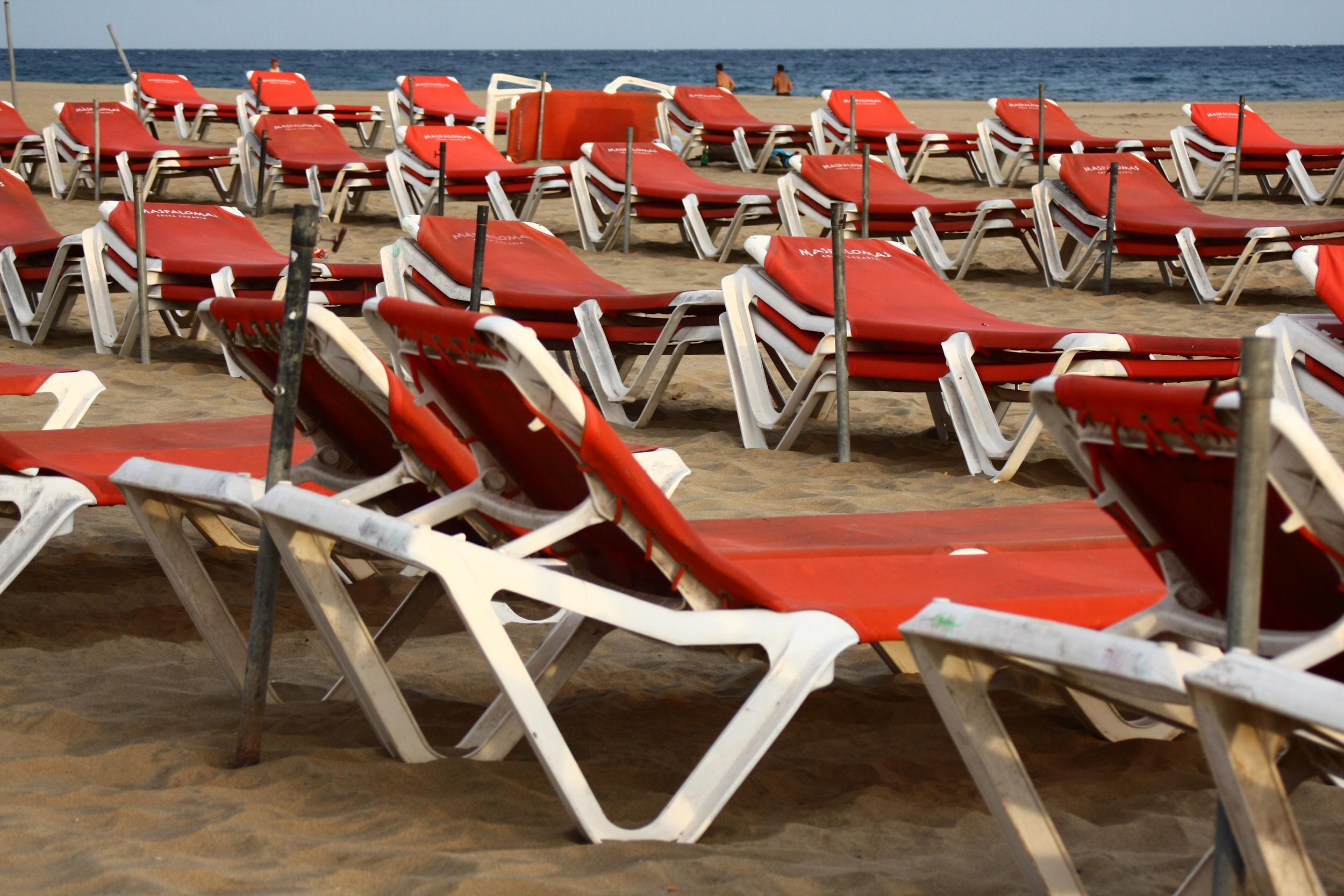Couple face £3,700 legal bill after failed compensation claim for holiday sickness
Judge described claim for £10,000 made three years after holiday as 'wholly implausible'

Your support helps us to tell the story
From reproductive rights to climate change to Big Tech, The Independent is on the ground when the story is developing. Whether it's investigating the financials of Elon Musk's pro-Trump PAC or producing our latest documentary, 'The A Word', which shines a light on the American women fighting for reproductive rights, we know how important it is to parse out the facts from the messaging.
At such a critical moment in US history, we need reporters on the ground. Your donation allows us to keep sending journalists to speak to both sides of the story.
The Independent is trusted by Americans across the entire political spectrum. And unlike many other quality news outlets, we choose not to lock Americans out of our reporting and analysis with paywalls. We believe quality journalism should be available to everyone, paid for by those who can afford it.
Your support makes all the difference.A judge has thrown out a £10,000 claim for holiday sickness, describing the plaintiffs as “wholly implausible” and ordering them to pay thousands of pounds in costs.
In the summer of 2013, Julie Lavelle, her partner Michael McIntyre and their two children took a two-week all-inclusive Thomas Cook package at the Parque Cristobal Hotel at Playa del Ingles, on the Spanish island of Gran Canaria.
They made no mention of any illness at the time. But in May 2016, almost three years after the holiday, the couple’s solicitors, Bridger & Co of Llandovery, forwarded a Letter of Claim asserting that the whole family had suffered gastroenteritis for almost the entire length of their holiday.
The case followed an increasingly common pattern: a previously unreported illness being raised years after the holiday with no medical evidence of sickness.
Ms Lavelle asserted that though her son and baby daughter had had diarrhoea and vomiting lasting for days, she had not mentioned the family’s difficulties to hotel staff or the holiday rep. Rather than seeking medical treatment, they self-medicated with Dioralyte and Calpol.
The couple sought damages of £10,000 for the result of what they said were inadequate food hygiene arrangements at the hotel, resulting in sickness from the third day of their holiday until they returned home.
But the barrister for Thomas Cook presented evidence that undermined their evidence. The family had taken a four-hour flight home without incident despite what they claimed later to be continuing symptoms of food poisoning.
On the plane home, Mr McIntyre had filled in a survey rating most aspects of the trip as “good” or “excellent”. He later explained this by saying it was a result of his having drunk six pints of beer before the flight, and that he completed the form in the belief that favourable responses were more likely to be selected in a prize draw.
The day after their return, both adults went to work, while their children returned to nursery. Within the following week, both Ms Lavelle and her baby daughter had seen their GP, but made no mention of the gastroenteritis symptoms
The judge concluded that they had demonstrated “fundamental dishonesty” and had not suffered any illness. He dismissed the claim and ordered the couple to pay costs of £3,744 by 7 August.
It is believed to be the first time that a judge in a sickness case has awarded costs to the defendant due to fundamental dishonesty since a change in the legal costs regime in 2013.
The Independent has approached the couple’s solicitors, Bridger & Co, for comment.
Claims handlers are seeking to drum up business by cold-calling holidaymakers in the UK, in some cases asserting “a fund has been set up” to pay out for poor hygiene standards.
In resorts, particularly in Spain, touts are canvassing for clients and have been secretly filmed coaching “victims” about how to make a claim.
But since the travel industry, backed by the Government, started fighting fictitious claims, many have been withdrawn. Tui and Thomas Cook, the two biggest tour operators in Britain, are believed to have seen 3,500 cases dropped in recent weeks.
Chris Mottershead, UK managing director for Thomas Cook, said: “It’s not comfortable for us to be in court questioning our customers’ credibility, but the significant increase in unreported illness claims being received by the travel industry threatens holidays for all UK customers.”
The Thomas Cook boss hinted that the firm may go further than defending dubious claims, and possibly seek criminal penalties.
“We will take further action where we believe it is necessary to protect all of our customers,” Mr Mottershead said.
Join our commenting forum
Join thought-provoking conversations, follow other Independent readers and see their replies
Comments